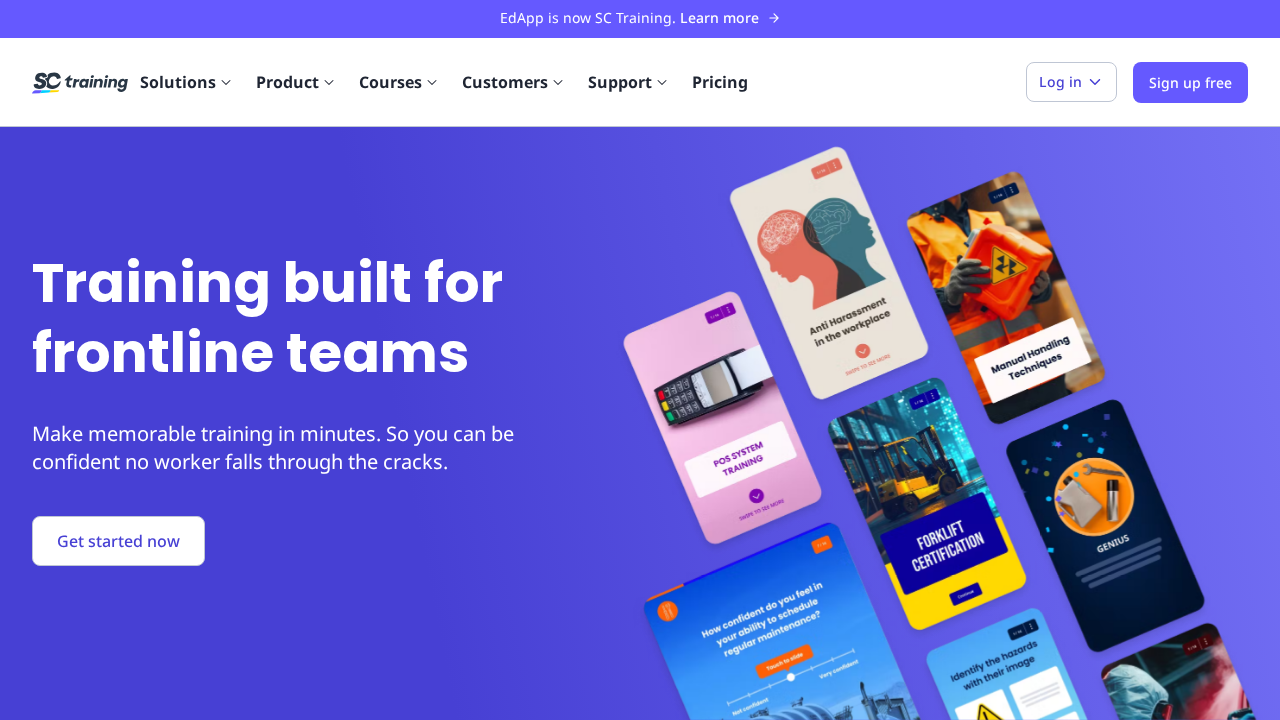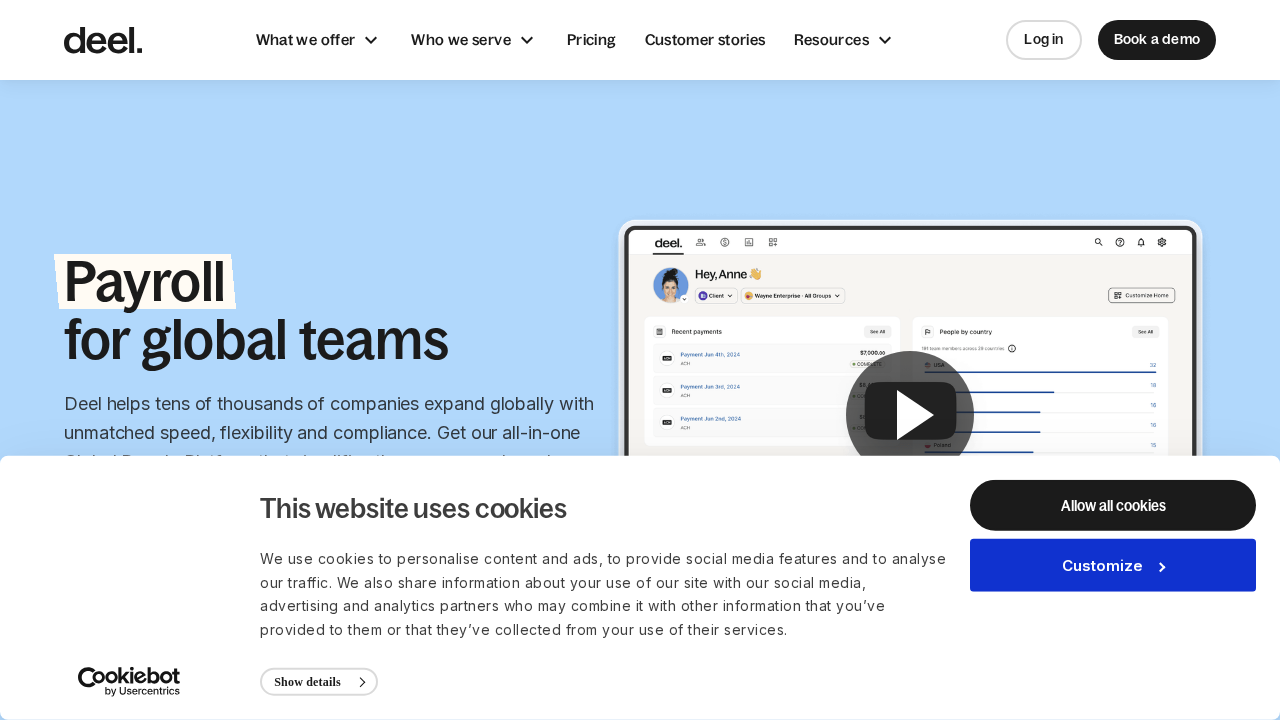The role of Artificial Intelligence in reshaping industries continues to progress at breakneck speed, and now it’s HR’s time to shine. As we look ahead to 2025, the world of human resource management is undergoing a remarkable transformation, fueled by cutting-edge AI tools that are not just automating routine tasks but also paving the way for smarter, more strategic decision-making. Imagine a workplace where mundane admin tasks like payroll processing or recruitment tracking are handled seamlessly, leaving HR professionals free to focus on what truly matters—people.
In this blog post, we’ll explore the top 5 AI tools revolutionizing HR efficiency. These tools are redefining everything from recruitment workflows to data-driven people strategies, delivering impactful changes for businesses large and small. If you’ve ever wondered how AI could help your HR team work smarter, not harder, you’re in for an exciting discovery. Buckle up, because the future of HR is closer than you think. And spoiler alert—the best AI solution might just change the way you think about HR forever!
Top apps:
1. Moodbit Copilot
2. Gusto
3. Greenhouse
4. SC Training
5. Deel
Moodbit Copilot

In the rapidly evolving field of human resources, leveraging powerful tools to enhance efficiency is key. One standout solution is Moodbit Copilot, a revolutionary generative AI assistant designed to transform people data and documents into actionable insights while automating repetitive tasks. This innovative app empowers HR teams, SMBs, and managers to focus on strategic goals rather than manual processes through its exceptional suite of features.
Pros
- Effortless data access: The conversational interface allows users to effortlessly access data and analytics by asking natural language questions, saving time and reducing the learning curve associated with BI or data analysis tools.
- One-stop solution: With seamless integrations across platforms such as Slack, Microsoft Teams, Google Workspace, and SAP, this app minimizes tool-switching and consolidates essential HR management functions into one platform.
- Personalized insights: It prioritizes personalization, uncovering trends in employee wellbeing and engagement, and translating them into focused strategies tailored for the organization’s needs.
- Time-saving automations: By automating repetitive tasks like report generation, meeting summaries, and survey follow-ups, it frees up invaluable time for HR professionals to focus on strategic initiatives.
- Real-time recommendations: Instead of merely presenting raw data, the app generates actionable strategies, management plans, and proactive employee interventions, boosting decision-making capabilities.
- 24/7 support for employees: The always-available HR chatbot addresses repetitive FAQs regarding policies, benefits, and processes, enhancing the employee experience while reducing HR workload.
- Scalability: Enables smaller HR teams to efficiently support larger workforces with reliable and consistent performance, making it ideal for SMBs aiming for growth.
Two minor cons of the app include being largely dependent on the quality of integrated data and a slight initial learning curve for optimal functionality, both of which are easily manageable given the wide array of resources and support provided.
Use Cases
- Empowering HR analytics: By querying the app with questions like “How is employee sentiment trending this quarter?”, HR departments can instantly generate contextual charts and insights, bypassing complex dashboards.
- Simplifying document workflows: Uploading contracts, survey reports, or PDFs becomes intuitive with automatic summaries, detailed metrics, and actionable recommendations delivered by the app’s document intelligence feature.
- Enhancing employee satisfaction: The 24/7 chatbot, accessible across communication platforms, provides prompt responses to HR-related inquiries, ensuring employees feel supported and informed.
- Streamlining integrations: By syncing with widely-used tools like Slack or Microsoft Teams, and workflows such as onboarding or meeting summary delivery, the app integrates seamlessly into existing operations.
- Proactive management plans: Tailored suggestions for team improvements or next steps for engagement enable managers to proactively address potential challenges, fostering a culture of continuous improvement.
Gusto

Gusto is an online platform designed to help small and medium-sized businesses manage payroll, HR, and benefits. It provides payroll automation, compliance assistance, tax filings, and basic HR tools to streamline administrative operations.
Pros:
- Efficient payroll processing with tax filings in all 50 states.
- Health insurance administration included without extra costs.
- Offers onboarding tools and job tracking for new hires.
Cons:
- Focuses largely on payroll and compliance, lacking robust analytics for employee sentiment or wellbeing insights.
- No real-time conversational query capabilities for accessing HR data or generating insights.
- Workflow automations are limited compared to more advanced HR tools.
- Does not include features like personalized strategy generation, making it less applicable for strategic HR planning.
- 24/7 HR chat assistance is absent, leaving gaps in quick support for employees.
Greenhouse

The ‘Greenhouse’ app appears to be a tool designed for simplifying recruiting and hiring processes for HR teams and recruiters. Its primary purpose is to assist in applicant tracking, interviewing, and managing recruitment workflows effectively.
Pros
- Provides a structured framework for managing hiring workflows.
- Supports collaborative hiring by allowing teams to contribute to evaluations and decision-making.
Cons
- Offers limited assistance with broader people analytics or engagement-related insights.
- Lacks features for conversational data access and automation that allow natural language queries.
- Does not include functionalities for sentiment analysis or insights for strategic talent management plans.
- Absence of a 24/7 chatbot to handle employees’ FAQs or HR-related queries, leaving more room for repetitive manual tasks.
- Focused solely on recruitment processes, making it less useful for HR teams handling broader operational or employee-centric functions.
SC Training

The SC Training app is designed to provide education and training programs for businesses and individuals in South Carolina, focusing on upskilling existing employees and preparing new hires through initiatives like On-the-Job Training, Registered Apprenticeships, and state-wide collaborations under initiatives like WIOA.
Pros
- Offers various training opportunities tailored to both existing employees and potential hires.
- Collaborates with state and local workforce initiatives, ensuring accessibility and alignment with industry needs.
Cons
- Lacks advanced technology solutions like AI-driven analytics or automation for workforce management tasks.
- Does not include features like conversational interfaces or chat support for immediate employee interactions.
- Limited to South Carolina, reducing its applicability for broader or multinational businesses.
- Focuses primarily on job-specific training without tools for real-time insights or decision-making enhancements.
- Relies on manual program navigation and lacks integrations with widely used tools like Slack or Microsoft Teams.
Deel

Deel is an all-in-one global HR platform focusing on payroll, compliance, and workforce management for companies operating on an international scale, enabling them to hire, onboard, and pay employees in 150+ countries with compliance and ease.
Pros
- Comprehensive payroll and compliance tools for global teams.
- Supports hiring employees across 150+ countries without creating legal entities.
- Integrated with 100+ tools, consolidating HR and financial workflows.
Cons
- Focuses heavily on payroll and compliance, lacking robust analytics or actionable people-centric insights.
- No conversational data analytics capabilities or natural language query support.
- Does not provide a 24/7 dedicated chatbot for employee HR queries or personalized strategic insights.
- Limited focus on wellbeing trends or specific recommendations for HR-driven employee engagement programs.
- Does not fully address operational HR automation beyond compliance and payroll tasks.
Conclusions:
As we’ve seen, each of these tools—be it Gusto, Greenhouse, SC Training, or Deel—brings something valuable to the table, helping to enhance aspects of HR like payroll, recruitment, and compliance. Yet, all of them fall short in delivering a truly comprehensive, people-centric solution that integrates advanced analytics, strategic decision-making insights, and meaningful automation. In a world driven by data and rapid digital advancements, HR teams need more than just partial solutions—they need a tool that does it all, seamlessly.
Enter Moodbit Copilot, the ultimate generative-AI assistant for HR teams. Unlike the other players, Moodbit Copilot goes beyond surface-level automation. It answers natural language queries in real-time, transforms documents into actionable strategies, and integrates with your workflows across platforms like Slack and Microsoft Teams. The 24/7 HR chatbot ensures employees feel supported, while its data-driven people insights empower managers to make faster, smarter decisions that improve engagement and retention.
If your goal is to not just keep pace with technological advances but to unearth the potential of your workforce, Moodbit Copilot is your go-to solution. By combining people-first insights with seamless automation, it enables HR teams to spend less time on transactional tasks and more time making a meaningful impact. Take the step into HR’s future—start with Moodbit today and unlock a new era of efficiency and empowerment in HR.